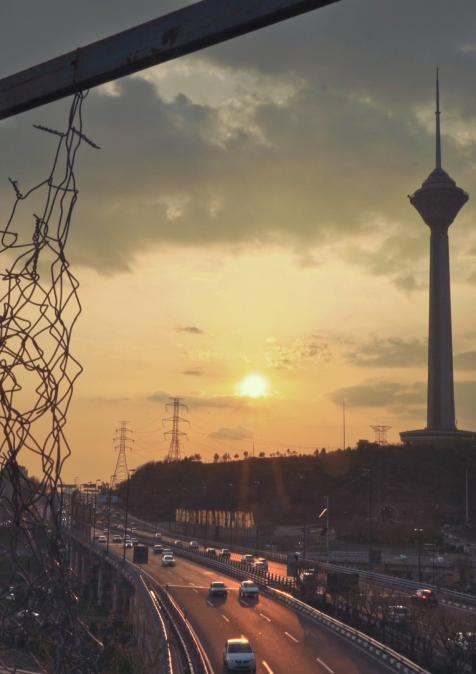Patrick Malope - Senior Research fellow, Botswana Institute for Development Policy Analysis. ----- http://www.ocppc.ma/events/conference...
Speakers

Patrick Malope - Senior Research fellow, Botswana Institute for Development Policy Analysis. ----- http://www.ocppc.ma/events/conference...





